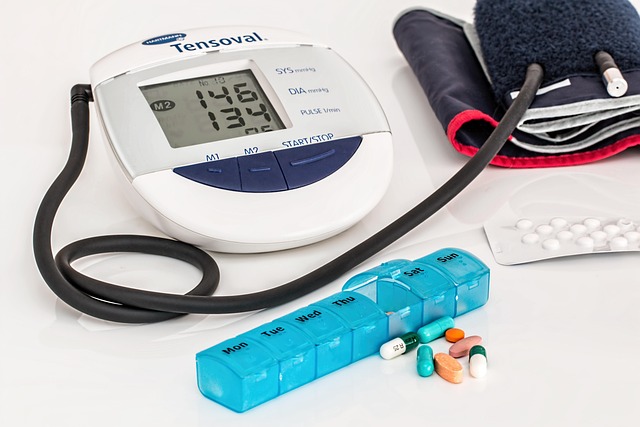Revolutionizing Healthcare: Personalized Treatment through Artificial Intelligence
In the rapidly evolving world of healthcare, the quest for personalized treatment has gained unprecedented momentum, driven by groundbreaking advancements in artificial intelligence (AI). As we stand on the cusp of a new era in medical care, the way we approach health is being transformed, offering patients tailored solutions that address their individual needs and preferences.
Technological Innovations
At the heart of this revolution is the integration of AI into various aspects of healthcare. AI technologies, including machine learning and data analytics, are enabling healthcare providers to analyze vast amounts of patient data with remarkable speed and accuracy. By leveraging these technological innovations, clinicians can now predict disease patterns, assess risk factors, and customize treatment plans that resonate with each patient’s unique genetic makeup, lifestyle, and environment.
Imagine a scenario where a patient with a chronic illness receives a treatment regimen specifically designed for them, rather than a one-size-fits-all approach. This is the promise of AI in healthcare; it empowers both patients and providers to embark on a journey towards optimal health outcomes. For instance, AI algorithms can analyze a patient’s history, genetic information, and even social determinants of health to recommend the most effective therapies, medications, or lifestyle changes, providing a truly personalized experience.
Health Innovations
From predictive analytics to precision medicine, the innovations fueled by AI are paving the way for a more effective healthcare system. Telemedicine platforms are utilizing AI to enhance remote patient monitoring, ensuring personalized treatment extends beyond hospital walls. Wearable devices equipped with AI technologies track vital signs and lifestyle habits, allowing for real-time adjustments to treatment plans. This immediate feedback loop not only enhances patient engagement but also fosters a deeper connection between healthcare providers and their patients.
Moreover, AI-driven tools are facilitating early diagnosis through advanced image recognition and diagnostic capabilities. By identifying health issues at their nascent stages, patients can work with their healthcare teams to develop preventive strategies that are uniquely tailored to them. Such innovations highlight the profound impact that AI can have on patient care, shifting the focus from reactive to proactive management of health.
The emotional aspect of personalized treatment is also significant. Patients increasingly desire to be seen as individuals with their own stories, rather than just another entry in a medical database. By embracing AI, healthcare providers are positioned to foster a sense of empowerment and involvement, encouraging patients to take an active role in their health journeys.




